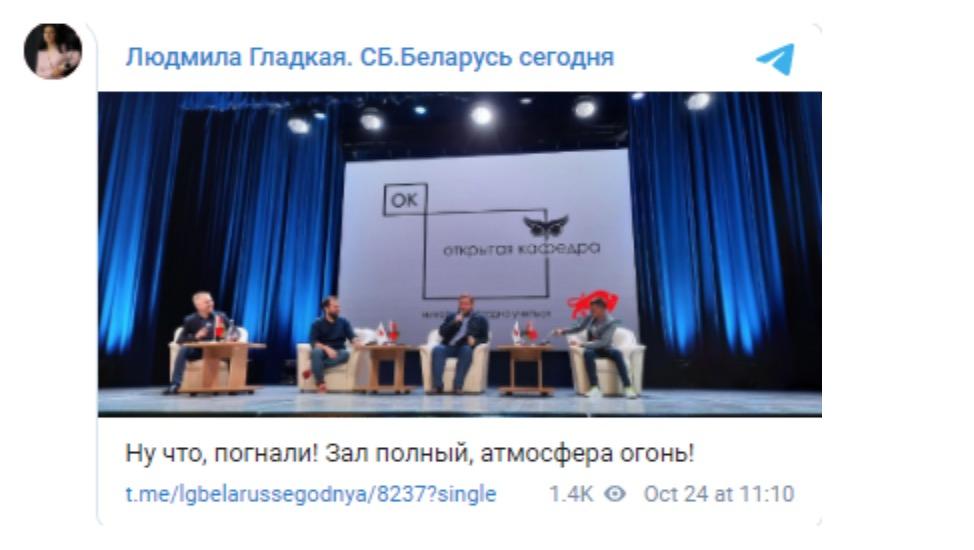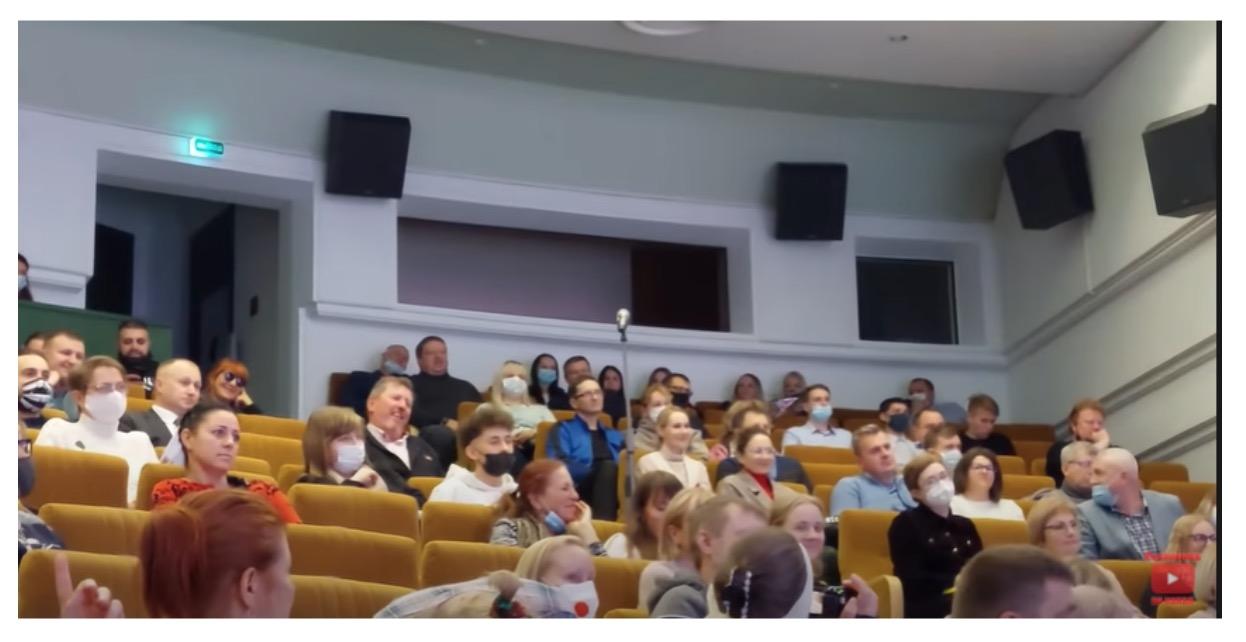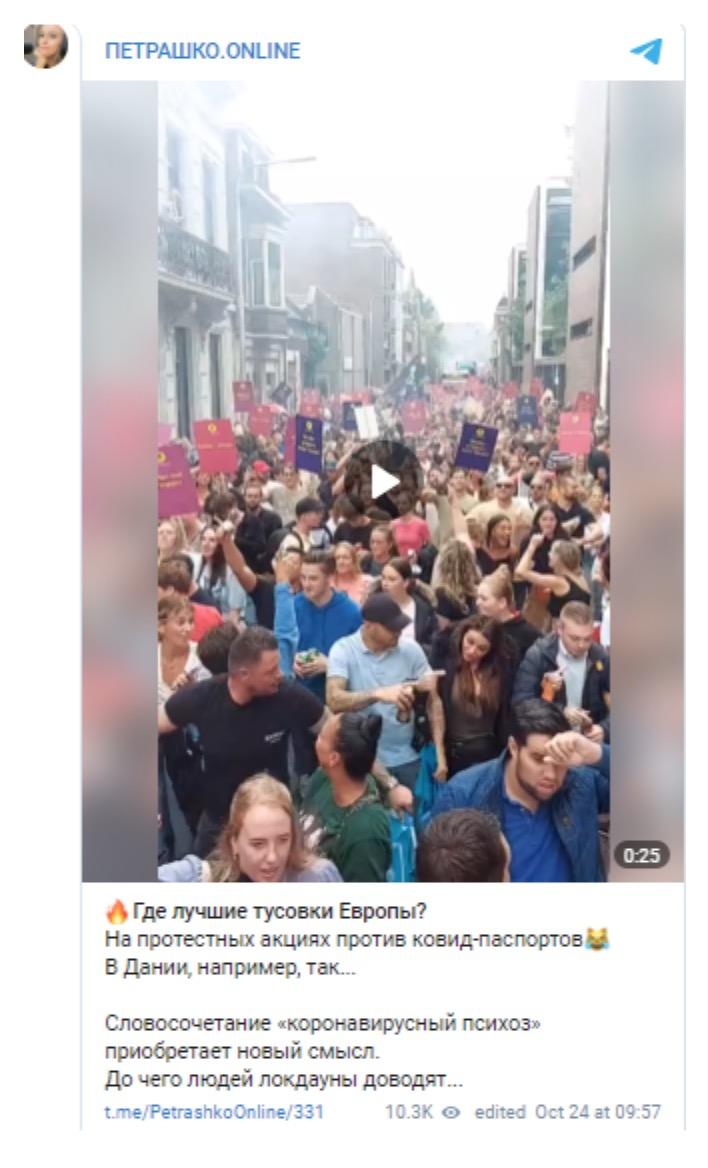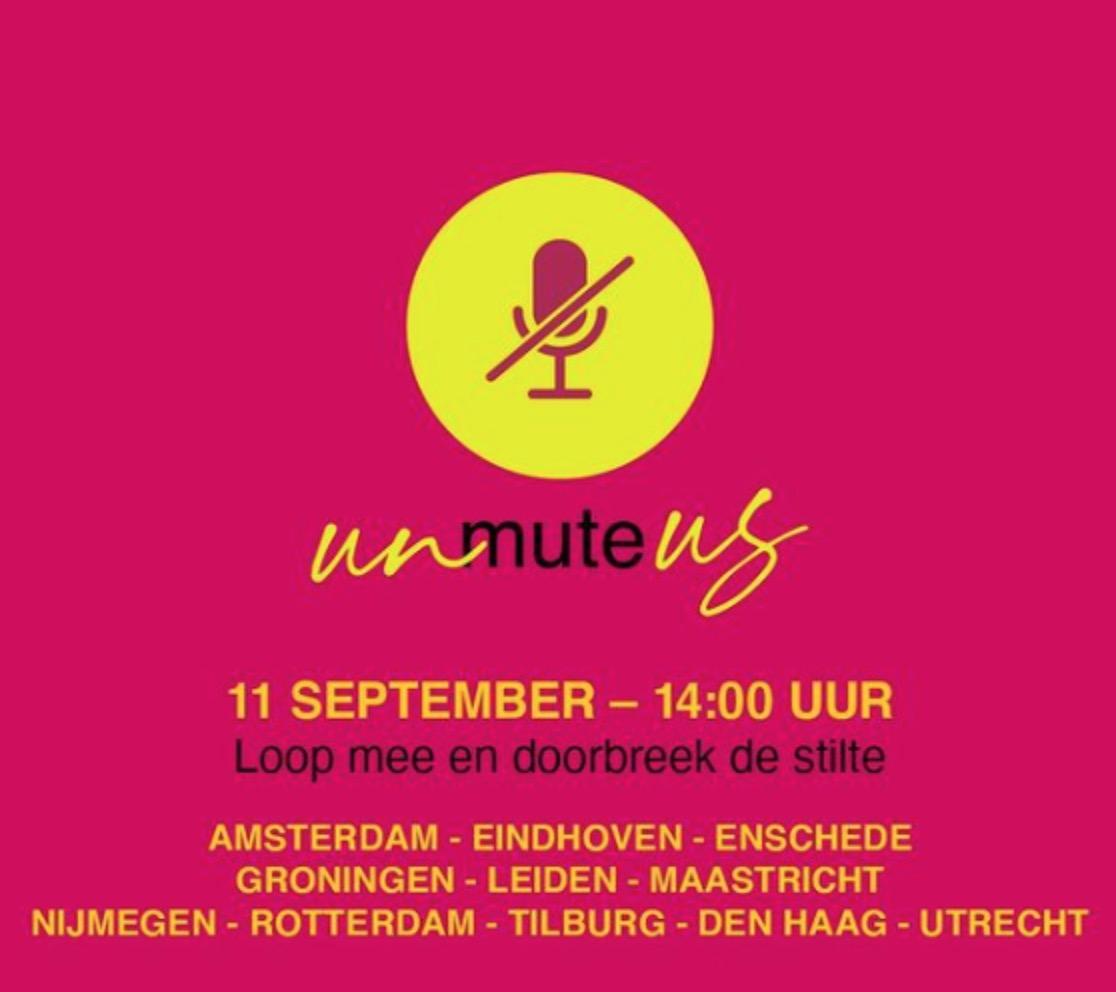“Ordinary people suffer. Someone lives in the USA today, because they built a family and have children there, so to speak, someone was born, someone died, someone needs to transport a body somewhere, or, roughly speaking, open a visa for US citizens who want to visit Belarus. This is indeed inconvenient”, political scientist Vadim Borovik expressed his opinion on the talk show "Weekdays".
"The United States, by its actions, worsens the situation of both our citizens and its own – many Americans traveled to Belarus and some live in our country. This decision will affect them too," said political scientist Alexey Dzermant in an interview to the “BELTA” news agency.
If these two pro-regime political analysts were in the habit of looking for evidence for their words, they would look at the website of the National Statistical Committee and learn that, in fact, Americans rarely choose Belarus for travel.
According to Belstat, only 146 US citizens visited Belarus last year. In pre-covid 2019 - 859 tourists, but these numbers also do not show a large influx of Americans to Belarus.
The embassy of Belarus in Washington remains open in the United States. But the number of members in the US Embassy in Belarus was reduced twice by the Belarusian Foreign Ministry in 2021. There are five people left to work there. And for some reason, neither Vadim Borovik nor Alexey Dzermant condemned these actions because of the inconvenience for the Belarusian citizens who want to get a visa to the USA.








